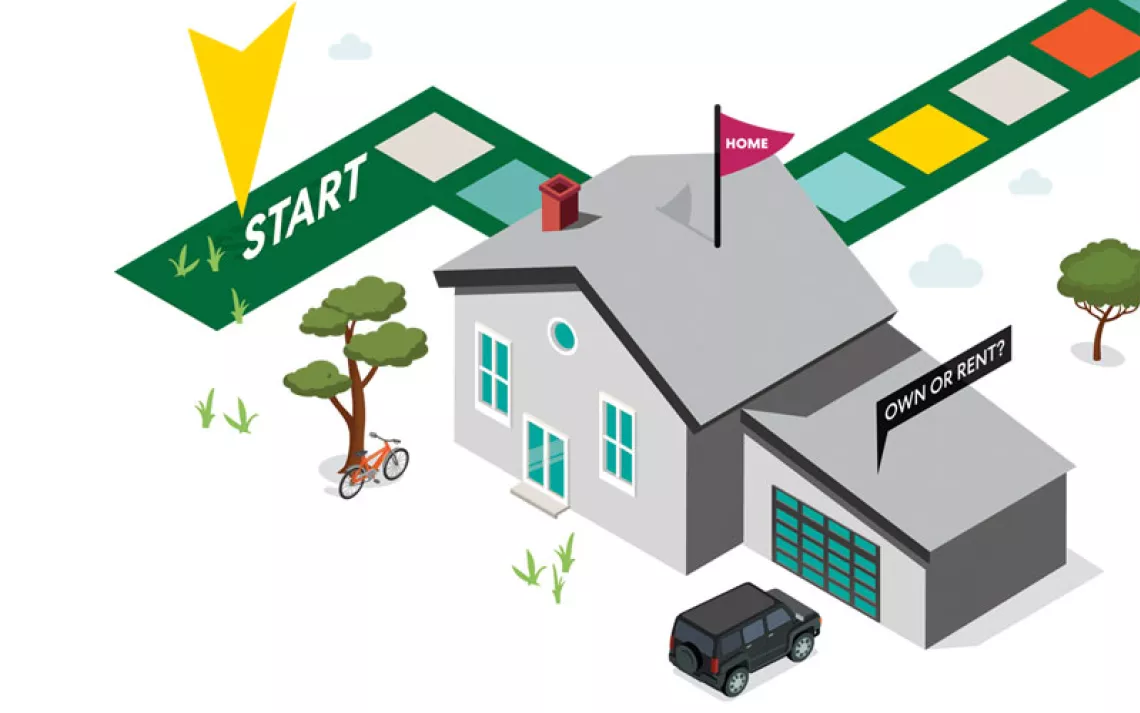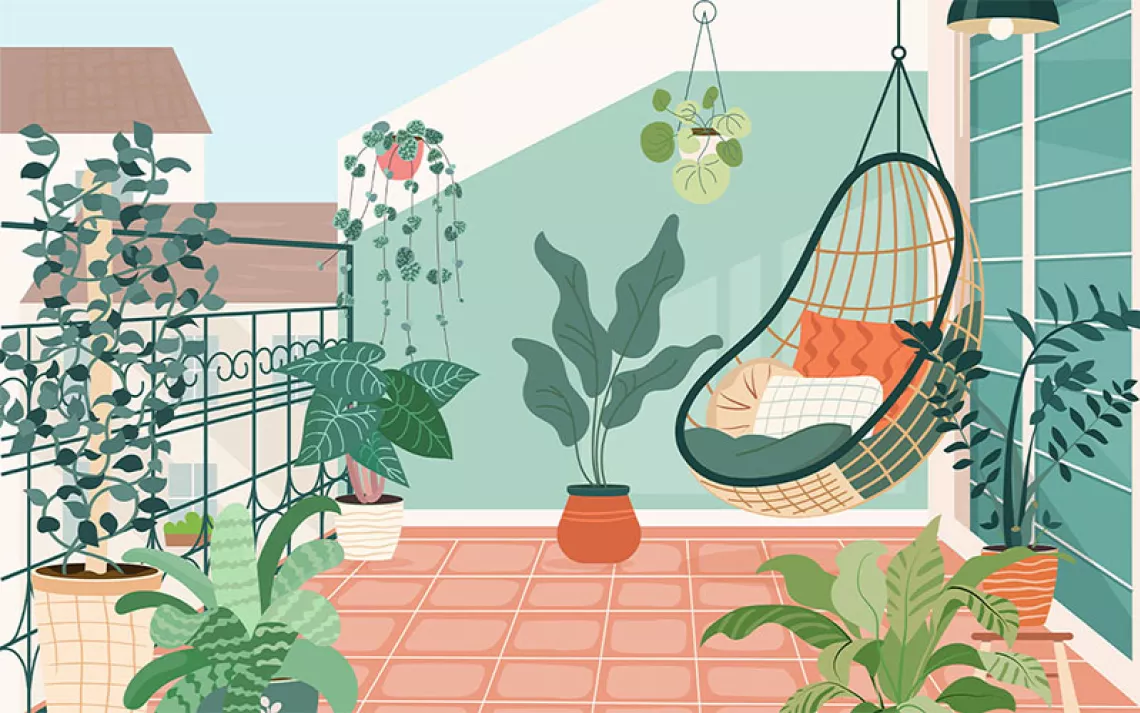Shoulder to Shoulder
How North Carolina teens are converting a former jail into a working farm

Terrence Smith, 18, and Cody Oxendine, 18, North Carolina; youth co-leaders of Growing Change. | Photo by Tony Pearce
Terrence Smith: I grew up in a town called Gibson, North Carolina. It has two stores, one gas station, and a main street where everyone hangs out drinking and smoking weed. I got put in juvenile detention when I was 14 and was in and out of trouble for the next couple of years.
Cody Oxendine: I got arrested when I was 15. I was just a young Native American kid who joined a group I shouldn't have joined. I hate that I got charged, but it's also one of the best things that's ever happened to me.
Smith: In early 2011, me and Cody and seven other guys joined Growing Change, a pilot program for youth on probation. It was headed by a social worker named Noran Sanford.
Oxendine: We volunteered in the Laurinburg Presbyterian Church garden and distributed what we grew to needy families in the community. Since then, we've started tending two other community gardens and a greenhouse.
Smith: This area is very rural, so we're no strangers to dirt and tools. But we didn't know a thing about sustainable agriculture. Being out here, working shoulder to shoulder with the other guys, we just fell in love with it.
Oxendine: We've built compost-and-worm bins and started keeping bees. We also built an aquaponics tank. Last December, Terrence and I presented a plan to convert a closed prison in Wagram, North Carolina, into a working farm to the state's Department of Public Safety. I demonstrated my aquaponics piece. At the end of the meeting, they told us they would approve the project. It was a very fulfilling day.
Smith: The plan is to break ground in fall 2015. I think about how I flipped my personal prison, just like we're going to flip this prison site.
Oxendine: The next step for us is to write a graphic novel about our experiences.
Smith: Yeah. If you don't tell your story, somebody else will. And they'll be wrong.
WELL INVESTED The North Carolina Juvenile Youth Development Centers spend more than $100,000 per inmate per year. All nine Growing Change participants have avoided incarceration, saving the state at least $900,000 annually since 2012.
 The Magazine of The Sierra Club
The Magazine of The Sierra Club



